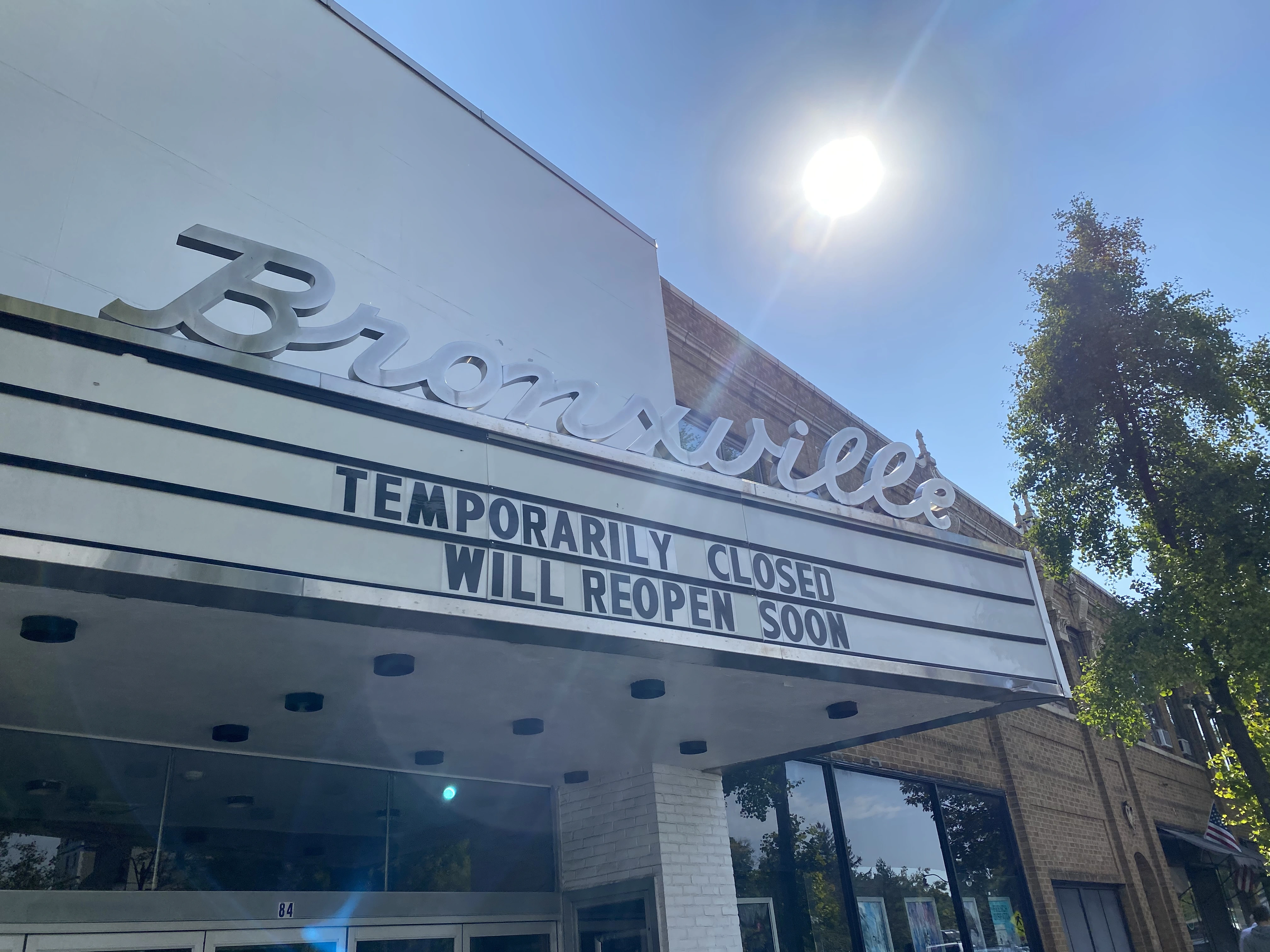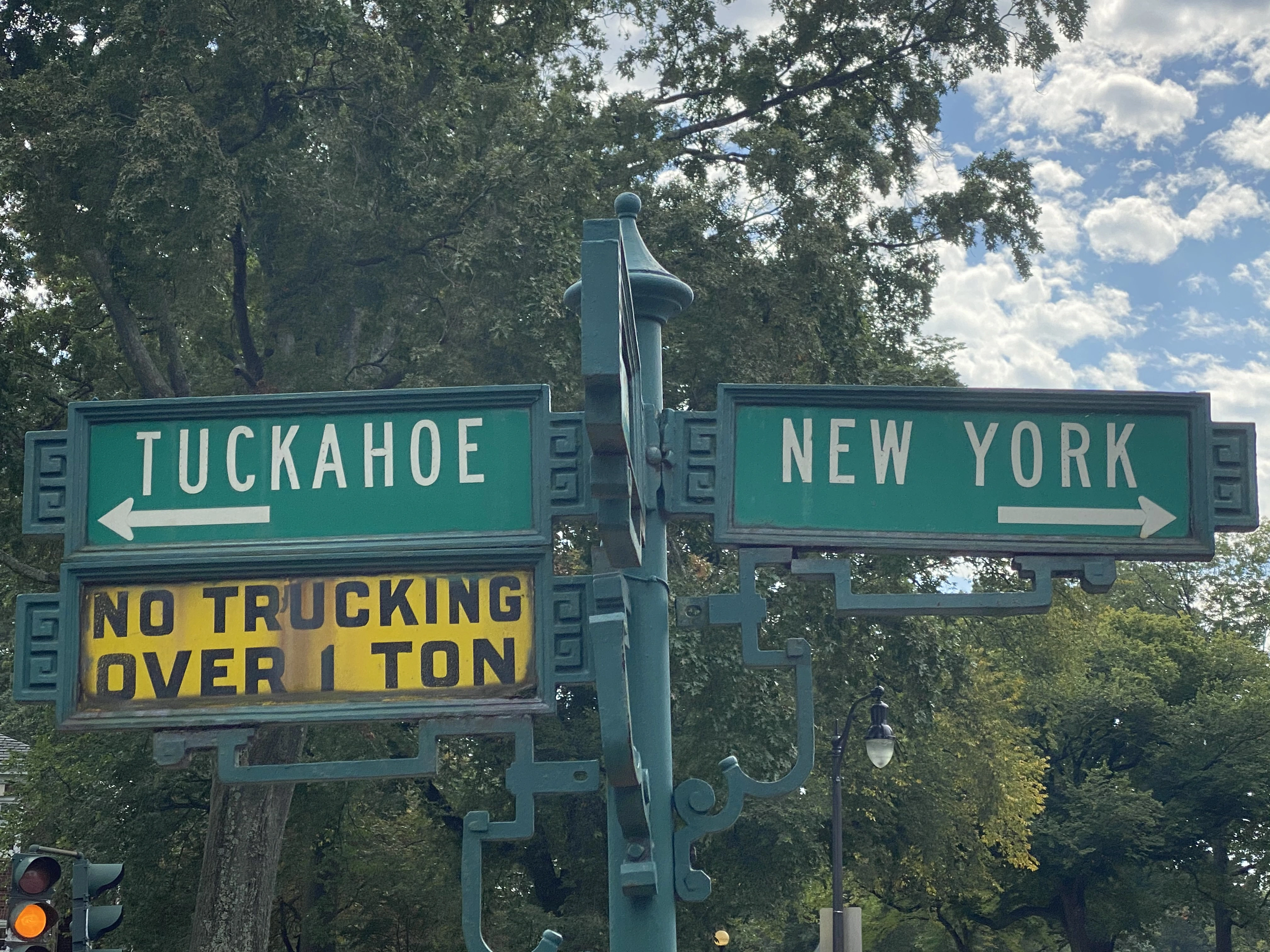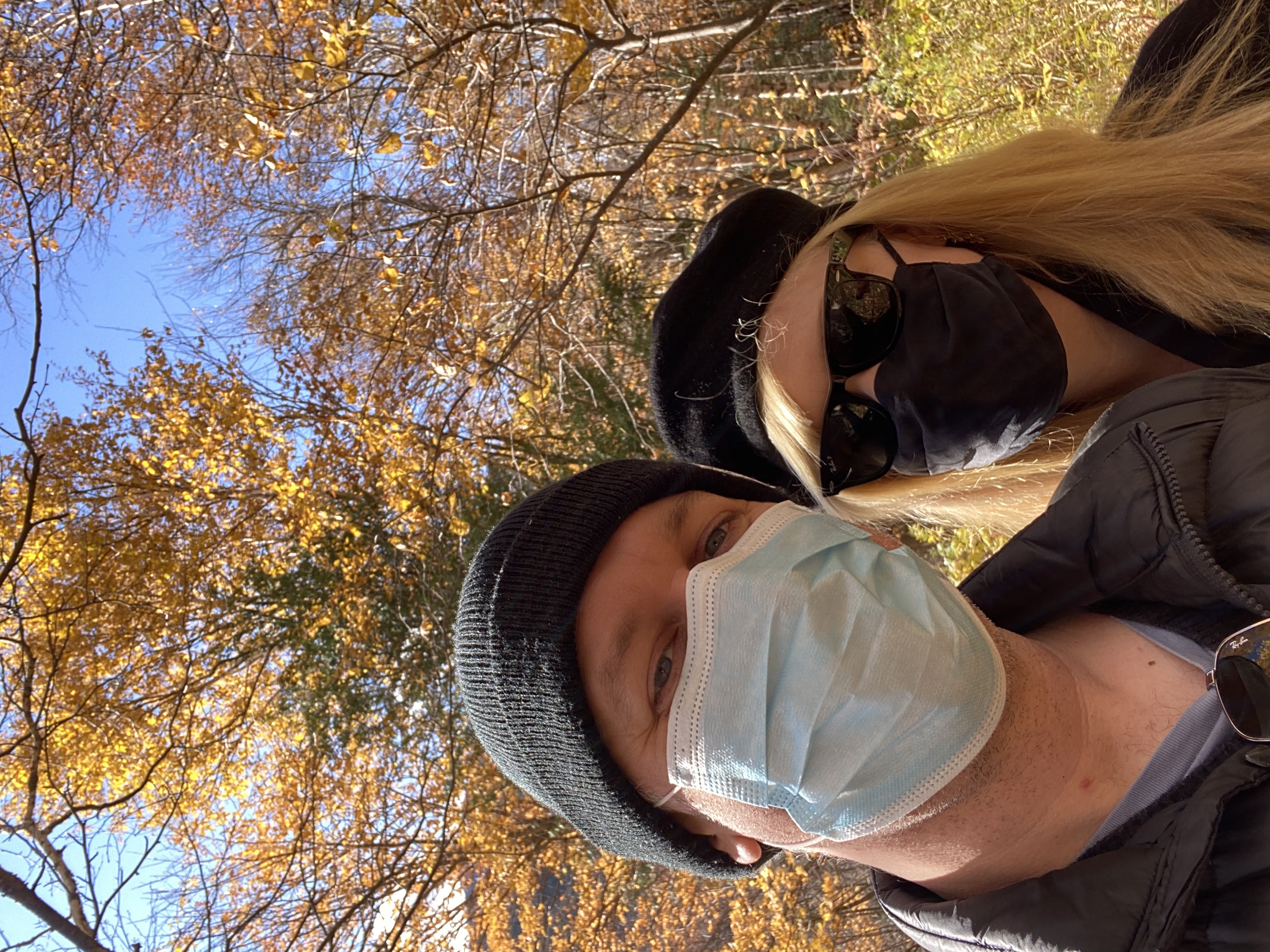Prologue
- 10 minutes read - 2099 wordsWhere did it all start? Well, I guess that it could have started back in 2006 when Lauren and I were living together, and having a kid very much was something to be avoided. We were both pursuing our careers, and Lauren had only recently relocated to the Bay Area. Or it could have started in New York City, where, after years of cohabitation, we finally decided to get married. Let’s start there. After getting married, we decided to open the door to fate and see whether a kid would happen. We agreed that “we weren’t going to force the matter” and “if kids aren’t in the picture, we’ll have a great life with poodles and travel.”
It didn’t “just happen.”
Dealing with disappointment is hat’s hard for the human heart. I suppose we had said that we were going to be laissez faire about it because we didn’t want to open up our lives to disappointment. But after about six months, one of our red lines about “not forcing the matter” started to appear a little less certain. As engineers, we renegotiated the terms of our “not forcing things” in terms of diagnostics: “Let’s just see if something’s wrong” as if that might be a means for postponing or annulling disappointment. Around our first anniversary, we both went to doctors for a checkup in the reproductive department. The reports came back positive. Maybe it was just a question of trying more often or with more attention to human hormonal cascades. In both cases, we were advised to come back at the one-year mark. So we tried and waited.
In the meantime, my employer (source of our health benefits) laid me off. So that made the “pursuit of something that will require a lot of medical care sans insurance” a little lower priority in Fall 2019. Shortly after starting my new job in February 2020, the COVID-19 pandemic erupted. When we got sick with a mysterious respiratory illness in March and couldn’t get a test at a doctor, we certainly weren’t thinking about starting a family. But as we finished the first 6 months of the pandemic and started to see a path toward vaccinations and a world that could live with the pathogen, we picked up the question again.
Thankfully, my new job had (has) a wonderful benefit for fertility treatments. While I cringe at the name, even to write it now, “WINfertility"1 has been a life-saver (er, well, life-maker). With the generous coverage my employer provides, we were able to find a (new) top-tier fertility team in town and start the process in earnest. WINfertility helped us look at the options for providers and eventually we settled on Columbia.
Why Columbia? Again, being into technical things we wanted to talk to nerds/academics. Use the real Greek or Latin words. Don’t baby-talk us. Don’t mumbo-jumbo us with “good vibes” and “magical stork wishes.” We liked/like that the practitioners are researchers and teachers; it aligns with Lauren and me as a couple. Additionally, Lauren’s last contact with her gynecologist included a recommendation for Dr. Beth Rackow of Columbia. At this point, we were looking for someone to tell us “It’s not gonna work. Don’t bother.”
On a nervous midday Zoom video chat, we made our first acquaintance with Dr. Rackow (rack-OW). Keep in mind that we were only just out of the darkest phase of the pandemic, so mask mandates, essential workers, and quiet-quiet Manhattan streets still ruled the day. We had our initial consultation on 2020-09-01, some 17 months after our wedding. Due to COVID protocols, we did our various tests, blood work, and diagnostics over the next month and followed up with Dr. Rackow on the 29th.
The generic concerns were these: our advanced (ouch) ages and age’s effect on egg quality. While it was possible to have gotten lucky, despite those impediments, Dr. Rackow discerned a real impediment, something structural:
Based on HSG results… - recommend laparoscopy with likely right salpingectomy, possible treatment of adhesions +/- endometriosis.
Dr. Rackow detected something wrong. The theory went that one of the fallopian tubes had been damaged by her appendicitis and was occluded.2 The impact of that would be that 50% of eggs were being lost and/or that an unhealthy tube was sending bad chemicals into the uterus. Combined these put our chances in the abysmal range.
Here’s another quote:
COnsidering surgery before infertility treatment
And so we did.
“Not Do ‘Anything Major’”
As I said, we’d mentally demarcated a line of “Anything Major.” We had our diagnosis, we knew why we were not successful. We also knew we would likely never be successful. Here’s where we were supposed to walk away.
We thought about it. We talked about it. But there were some decided benefits to doing the surgery anyway. That damaged tube was a health risk; perhaps not immediately, but it was a risk. We also knew there were a lot of adhesions from her appendicitis. Clearing those would be good. The doctor also had a suspicion of endometriosis and removing that would be a good thing. So we decided to go through with the surgery, the “likely salpingectomy.”

Signs of COVID in Bronxville, NY
Due to the pandemic, it took some time to find an operatory, but on 2020-10-07, we were able to get a surgical berth in Westchester county. Due to COVID, I was unable to accompany my poor wife into the operating room.

Signs in Bronxville, NY
During her appendicitis, I was there as the anesthetic took hold. When she came out from the appendectomy, I was there, crying through elation, as she was wheeled back in. As rough as those moments were, it was nothing like dropping her at the door and saying, “Uh, bye.” I watched her walk past the info desk, and then I walked into the village center. Being COVID-times, I was obliged to sit out front on a wooden bench in front of a grille and wait for word. Through lunch, coffee, and beer(s), I waited.
In the early evening, I got a call that Lauren was ready to be picked up.
Post-operation notes read like this:
…right salpingectomy, ablation of endometriosis.
Pathology = hydrosalpinx
No complications.
Doing well postop.
Ready to proced [sic] with IVF!
Our car-share picked us up that night and took us back home, mask-clad down the Hudson Highway. After a few weeks of rest and recuperation, we headed upstate to see some of the leaves and foliage.

Post-operative
What about those red lines I mentioned earlier? We certainly could have said: “We did something for health here, let’s see what Nature has in store.” But we didn’t. We ran right over that bright red line. Because Lauren was now down one tube, we would only get six opportunities per annum. The odds were not in our favor and frankly, the clock was running out.
Tangent: The Incomplete Trope of: “You can have kids later”
Liberal orthodoxy generally fails to transparently discuss the fact that one of its tenets: “Women can work and be independent through their 20s and still have kids later without many drawbacks” is built on some volatile assumptions.
Specifically, the orthodoxy assumes that nothing unexpected comes up when you finally decide to get started e.g. a structural ailment, an unfit/disloyal husband, etc. I think that my philosophical tribe owes both to its partisans and (constructive) critics recognition of this risk.
I think that I (and perhaps Lauren too) was complacent in thinking “there’s always time” and/or “I have the money to do a treatment.” It’s uncomfortable for our tribe to admit it: human biology and 2020’s-era American society are both hostile to women’s achievement outside the home.
I have to admit I was completely ignorant of facts like these:
Plus, in addition to the 15–20 “activated” follicles that die each month, doctors estimate we lose up to a thousand additional potential eggs. Each cycle. And the number that we lose each month increases as we age. Contrary to popular belief, it’s not just the mature egg we lose every month that depletes our “egg bank,” but also the hundreds of other eggs that don’t reach the mature stage. Source
This is biological fact. For many women, to achieve self-realization they will need to spend some of those early, prime reproductive years working or in school and there are some real risks that need to be explained up front. And you can rest assured 7th grade sex ed isn’t going to be any help there. “Family planning” as a real conversation with real guidance needs to be something that exists.
It’s not wrong that women want to achieve. It’s wrong that our world offers so little support.
Pragmatically, I think it’s good advice to say to liberal orthodoxy partisans: “Make sure your heart doesn’t get in the way of your dreams: freeze those primo eggs early and ensure that if you decide to have kids later, you’ve allowed some wiggle room.” And, frankly, if you have a daughter on the delayed marriage-and-kids track, sponsorship of your grand-kids through financial assistance for freezing is not altogether irrational.
Extended discussion
Let me say something about the “ticking biological clock” or “time running out.” I don’t think these elements get proper respect in the liberal establishment in which I (gladly) participate. In more conservative parts of the world (e.g. the South, whence I come), it’s part of the standard narrative that shortly after college a young woman works, marries, and in short order turns out children (around, say 23-25). I remember distinctly girls on my dorm floor mentioning that some other girls were strictly in school for their “M-R-S” degrees. They were there to become wives (get it?).
But biology doesn’t care about snarky comments and regional mating patterns, the fact is that, from a reproductive odds basis, those women were doing exactly the right thing. Egg quality is the number one predictor of pregnancy. Egg quality is intimately tied to a mother’s age. That’s a fact, and I think that the liberal establishment glosses over it. On the coasts, we ask “How could I think about settling down, already?” There are good reasons, many of which I pursued myself: knowing myself better, economic security, lack of matches in the area, etc. Ideally, then, we start the regeneration of the species around 33-35 and that’s OK, too. Sure, egg quality isn’t ideal, but it tends to work out.
But what all this misses is that after 35, quality falls off a cliff. And this also misses that some forces may intervene that push your starting date out. While we were all systems go after our wedding the fact that we had to deal with a year of trying, months of navigating medical care, weeks of surgery pushed our starting date uncomfortably far out. This made our odds even worse. The solution, of course, is to bring in top-flight medical care and science — which we did. But the fact is that we were lucky to have those resources and options. And sometimes the force that intervenes is not a misbehaving fallopian tube, it could be a job loss, an economic crash, or the bitter discovery on some random day that one of the partners is no longer invested in the union.
I think the liberal orthodoxy needs to be a little bit more upfront with this message that I’m about to give:
“Choosing to have kids later is great. But it also assumes that you’re in perfect health in ways you know and might not know. It also assumes that life isn’t going to throw you any curveballs in the critical window. It might be wise to jump earlier than you’re comfortable.”
From Surgery to IVF
Crossing our red line proved to us something that we couldn’t admit earlier. While we told ourselves and each other that we weren’t committed to the “have a kid” outcome, we clearly were. We might not have been able to say it, lest we have to face up to the disappointment or disappointing each other, but our actions suggest this: “We really wanted a kid.” I suppose that’s why we escalated our involvement so readily. And as I’ll recount in the next section, IVF was a huge escalation.
Footnotes
- Speaking as someone who never misses the chance to make a horrid pun, punning WINing and INfertility can fuck right off.
- It would turn out that it was occluded, likely from appendicitis damage and it seemed that adhesions and wrapped the organ up in a web and had basically it.